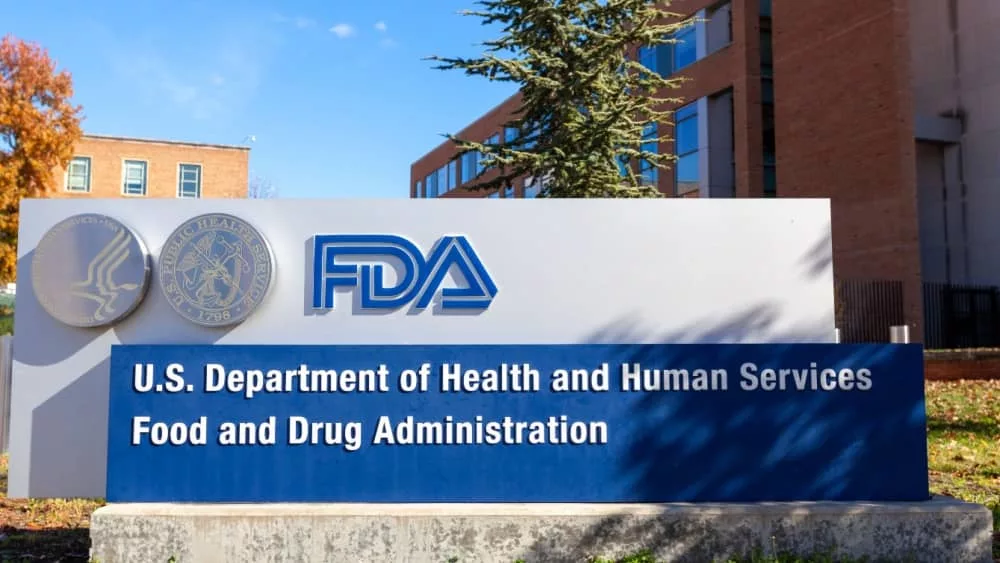
The U.S. Food and Drug Administration says it has discovered fragments of the highly pathogenic avian influenza (HPAI) — more commonly referred to as bird flu — in some samples of dairy milk products.
An update from the FDA said they tested milk samples by polymerase chain reaction (PCR) and found the presence of fragments of the virus, which is not the same as infectious virus and that findings “do not represent actual virus that may be a risk to consumers.” The FDA stated, “we have seen nothing that would change our assessment that the commercial milk supply is safe” and expect new results from multiple studies “in the next few days to weeks. Based on available information, pasteurization is likely to inactivate the virus, however the process is not expected to remove the presence of viral particles.” The agency said it is continuing to investigate the outbreak, along with the U.S. Department of Agriculture, the Centers for Disease Control and Prevention and state partners.
The FDA’s statement continued: “Nearly all (99%) of the commercial milk supply that is produced on dairy farms in the U.S. comes from farms that participate in the Grade ‘A’ milk program and follow the Pasteurized Milk Ordinance (PMO), which includes controls that help ensure the safety of dairy products.
Avian influenza A(H5N1) virus, or bird flu, is a disease that’s caused by an avian influenza Type A virus infection, according to the CDC. The virus has recently infected herds of dairy cows in several states, including Texas, Kansas and Michigan. Herds in New Mexico and Idaho are presumed infected. Both the FDA and the USDA said the current commercial milk supply is safe because of the pasteurization process and the “diversion or destruction of milk from sick cows.”
Bird flu is very contagious among birds, and some of the viruses can sick or kill certain domesticated species, including chickens, ducks and turkeys. According to the CDC, the disease primarily spreads through contact with infected birds, which can infect their respiratory track and intestines. Infected birds can shed viruses in their saliva, nasal secretions and feces.
Editorial credit: grandbrothers / Shutterstock.com












